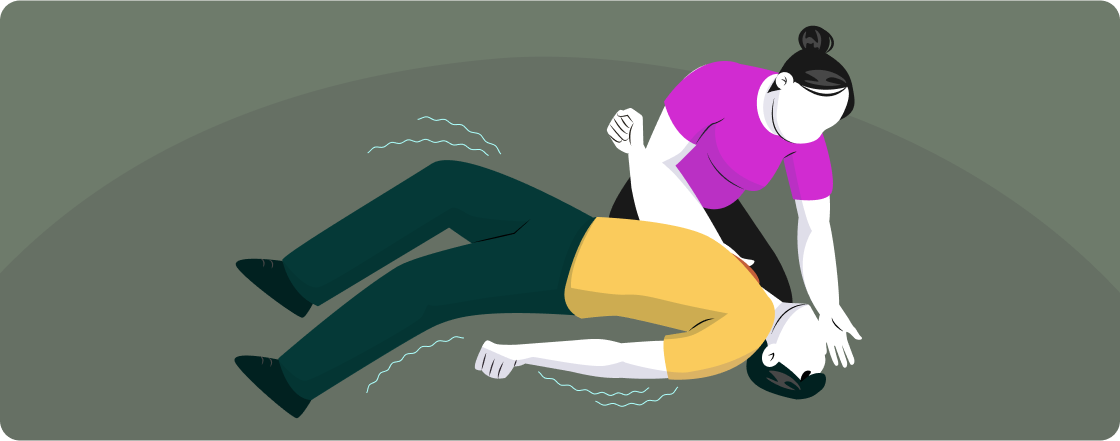
Overcoming Relapse: Strategies for Long-Term Recovery
Relapse is often considered a part of the recovery journey, but it doesn't mean failure. By understanding relapse and implementing effective coping strategies, individuals can navigate the challenges of recovery and achieve lasting sobriety.
Understanding Relapse: Common Triggers and Warning Signs
Relapse occurs when an individual in recovery returns to substance use after a period of abstinence. It is essential to recognize that relapse is a common occurrence and can serve as a learning opportunity rather than a setback. According to the National Institute on Drug Abuse (NIDA), understanding common triggers and warning signs can help prevent relapse.
Common triggers include:

Stress: High levels of stress can lead to cravings for substances as a coping mechanism.
Environmental Cues: Being in places or situations associated with past substance use can trigger cravings.
Emotional Distress: Negative emotions like sadness, anger, or loneliness can increase the risk of relapse.
Social Pressure: Being around people who use substances or encourage substance use can be a significant trigger.
Recognizing warning signs such as changes in behavior, increased cravings, and a return to old habits can help individuals take proactive steps to prevent relapse.
Coping Strategies: Techniques for Managing Cravings and Stress

Effective coping strategies are crucial for managing cravings and stress, which are often significant contributors to relapse. Here are some techniques that can help:
Mindfulness and Meditation: Practicing mindfulness and meditation can reduce stress and increase awareness of cravings, allowing individuals to respond more thoughtfully rather than impulsively.
Deep Breathing Exercises: Deep breathing can help calm the nervous system and reduce immediate stress, making it easier to handle cravings.
Cognitive-Behavioral Therapy (CBT): According to the American Psychological Association (APA), CBT is effective in helping individuals identify and change negative thought patterns that lead to substance use.
Distraction Techniques: Engaging in activities such as reading, exercising, or pursuing hobbies can distract from cravings and provide a healthy outlet for stress.
Building a Support Network: The Importance of Community, Mentors, and Support Groups
A strong support network is vital for long-term recovery. Connecting with others who understand the challenges of addiction can provide encouragement and accountability. According to the Substance Abuse and Mental Health Services Administration (SAMHSA), social support is a key factor in successful recovery.

Support Groups: Participating in support groups like Alcoholics Anonymous (AA) or Narcotics Anonymous (NA) can provide a sense of community and shared experience.
Mentors and Sponsors: Having a mentor or sponsor who has successfully navigated recovery can offer guidance and support.
Family and Friends: Building a supportive environment with family and friends who encourage sobriety and healthy living is crucial.
Lifestyle Changes: How Nutrition, Exercise, and Hobbies Can Support Recovery
Making positive lifestyle changes can support overall well-being and reduce the risk of relapse. According to research published in the Journal of Substance Abuse Treatment, incorporating healthy habits into daily life can significantly impact recovery outcomes.

Nutrition: Eating a balanced diet supports physical health and can improve mood and energy levels.
Exercise: Regular physical activity reduces stress, improves mental health, and provides a positive outlet for energy.
Hobbies and Interests: Engaging in hobbies and interests can provide a sense of purpose and fulfillment, reducing the likelihood of turning to substances for satisfaction.
Relapse can be an opportunity for growth and learning. With the right strategies and support, individuals can continue to move forward on their recovery journey. By understanding common triggers, implementing effective coping strategies, building a robust support network, and making positive lifestyle changes, long-term recovery is achievable. Remember, every step forward, no matter how small, is progress toward a healthier, sober life.















